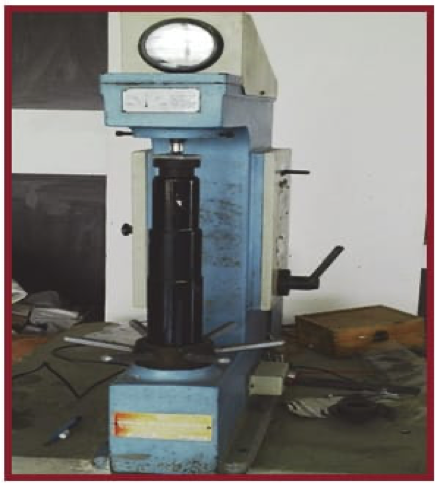- Home
- About
- Students
- Departments/Courses
- Academic Calender
- Exams
- Skill Courses
- Freelancing
- Incubator
- Apprenticeship
- Placements
- NCC & NSS
- AWARDS/SCHOLARSHIPS
- Welfare Schemes
- Timetable
- Online Learning Portals
- Code of conduct for students
- Student Helpline
- Grievance redressal
- Perception index
- E-Services for students
- Faculty
- Departments/Courses
- Faculty Of Each Departments
- Code of conduct for faculty
- Training Policy
- Anti Ragging
- Anti sexual harassment
- Service rules
- Research papers
- Department instructions
- HRMS
- IQAC
- E- Services for faculty
- Students Counsellor Committee
- Institution Industry Cell
- Internal Complaints Committee
- SC-ST Committee
- Media
- Events/Activities
- Tenders
- News/Announcements/Notices




